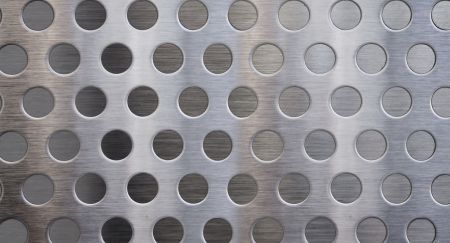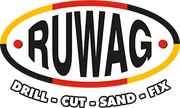How to Use Hole Saws to Drill Through Metal
Can hole saws drill through metal? If you need to make clean, round holes in metal, you may be wondering whether these bits are a good option. Hole bits are frequently used to drill holes in wood. However, they can also be used on other materials such as plastic, non-ferrous metals, aluminium, and steel. While other metal drill bits are good for drilling a variety of metal types, hole bits are the best choice to create accurate holes with no rough edges. Knowing how to use these bits and which type of hole saws for your metal project will help you get the best results.
In this guide, we’ll share some tips on choosing the best saw for drilling metal, and give you a few other pointers to get the most from this drill bit.
Using Hole Saws to Drill into Metal
Before we give you the ins and outs of using your hole saw for drilling metal, it helps to understand what this drill bit is used for and how it works. Here’s what you need to know.
What are hole bits?
These bits are hollow, round bits with a jagged fracture-resistant bi-metal cutting edge made from HSS (High-Speed Steel). They are used to make clean, precise holes in a variety of materials, including aluminium, steel and non-ferrous metals. If you are planning a project that requires smooth holes that can go right through the material you are drilling, you would use this type of bit.
How do they work?
Thanks to their hollow design and cutting edge, these bits can easily get through your workpiece without the need to apply excessive force. They are used with arbors - shanks that attach to your drill and sit in the centre of the saw. Arbors serve as pilots, keeping the saw in place as you drill and preventing slipping. After making a small dimple in the spot you plan to drill, the arbor is placed over the marker. You can then start drilling, making the hole as the saw begins to work through the material. The result is smooth, clean, accurate holes with no jagged edges. View our guide on using hole saws to get a better of how they work.
How do use them to drill metal?
First things first, make sure that you only use your saw on suitable metals. These bits are best for non-ferrous metals, including steel, aluminium, tin, copper, and other materials that are lighter and more malleable than extremely high-tensile strength ferrous metals that contain iron. Using a hole bit on ferrous metals can cause damage to the bit itself, as well as your drill. When drilling metal using a hole saw, always use even pressure to prevent damage to the saw’s teeth. Drill safely and make sure that you use proper eye protection to prevent tiny metal chips from causing serious eye injury. Keep your bit lubricated as you drill to prevent problems such as overheating - especially if you are drilling thicker sheets of metal. Always use the right size arbor, to prevent issues like stuck bits or slipping bits that are too loose. Keeping your workpiece in place using clamps will make it easier to drill. Finally, choosing the right saws for the metal you are drilling is essential. Standard Bi-Metal Hole Saws are ideal for softer metals, while Industrial B-Metal Hole Saws can also get through tougher metals such as stainless steel.
At Ruwag, we offer premium quality hole saws for your metalworking project, giving you the best results, every time.

